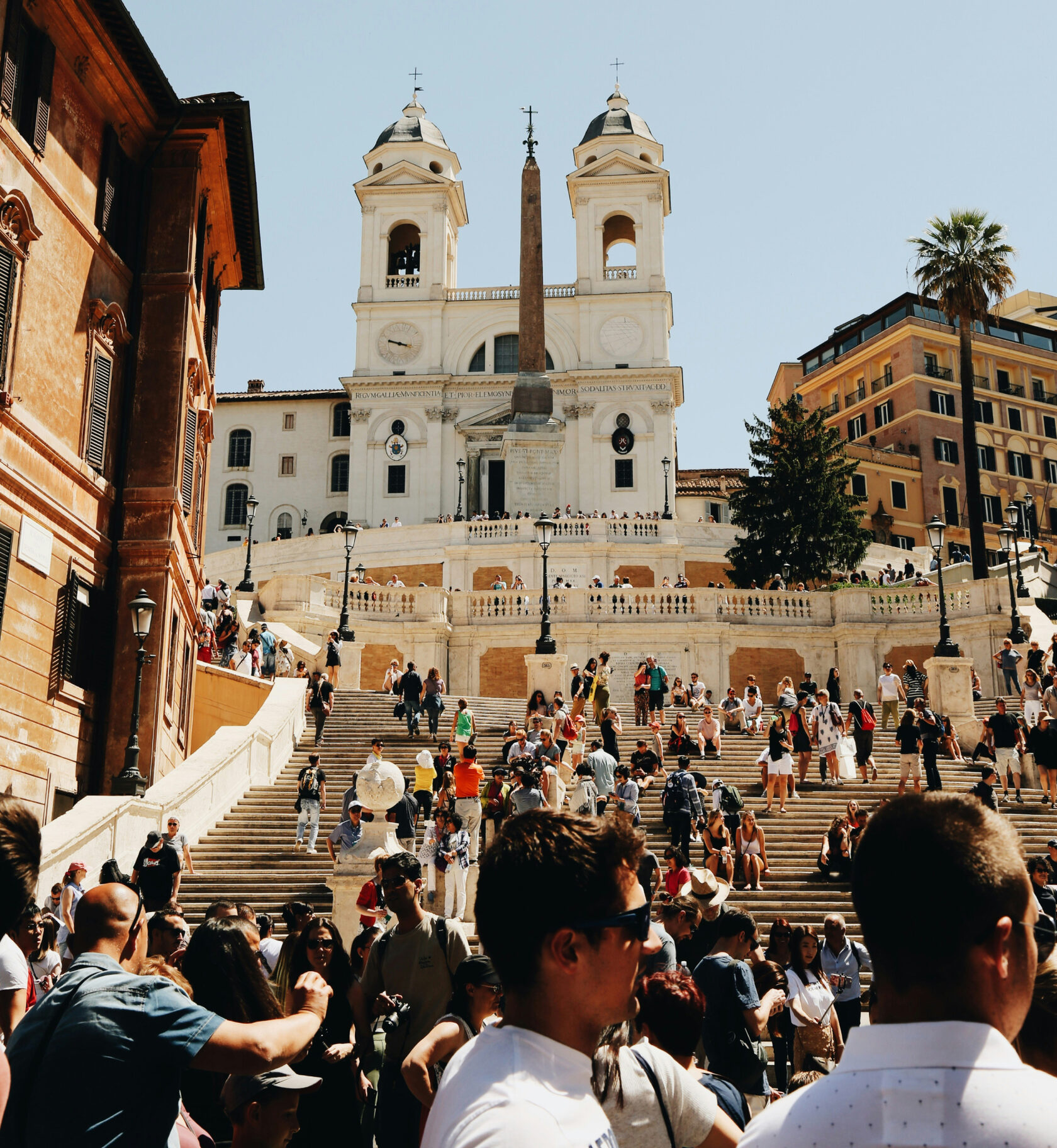What is overtourism? And how can it be prevented?
As the world is getting more accessible and transportation more affordable, more destinations and attractions are experiencing the side effect of overtourism – a key word, when talking about sustainability within the tourism sector.
The United Nations World Tourism Organization defines overtourism as:
"The impact of tourism on a destination, or parts thereof, that excessively influences perceived quality of life of citizens and/or quality of visitors experiences in a negative way."
In essence, to facilitate sustainable tourism, it must be developed for and managed in a sustainable manner for both visitors and local communities.
How to prevent overtourism
Preventing overtourism is not a dead case and can be done in various ways. Here, especially local governments and tourist organizations have a big responsibility.
Some of the solutions to prevent overtourism is to:
"The impact of tourism on a destination, or parts thereof, that excessively influences perceived quality of life of citizens and/or quality of visitors experiences in a negative way."
In essence, to facilitate sustainable tourism, it must be developed for and managed in a sustainable manner for both visitors and local communities.
How to prevent overtourism
Preventing overtourism is not a dead case and can be done in various ways. Here, especially local governments and tourist organizations have a big responsibility.
Some of the solutions to prevent overtourism is to:
- promote more off-season travel, for instance by having special attractions and activities which can only be experienced in these periods or better prices during low season.
- limit numbers to attractions/tours by for instance introducing quotas on how many that can visit a day.
- promote alternative, less-visited spots can help redirect travellers to decrease the demand in certain areas. This can for instance be done by having guided tours to lesser-known areas as well as creating routes for niche visitors.



